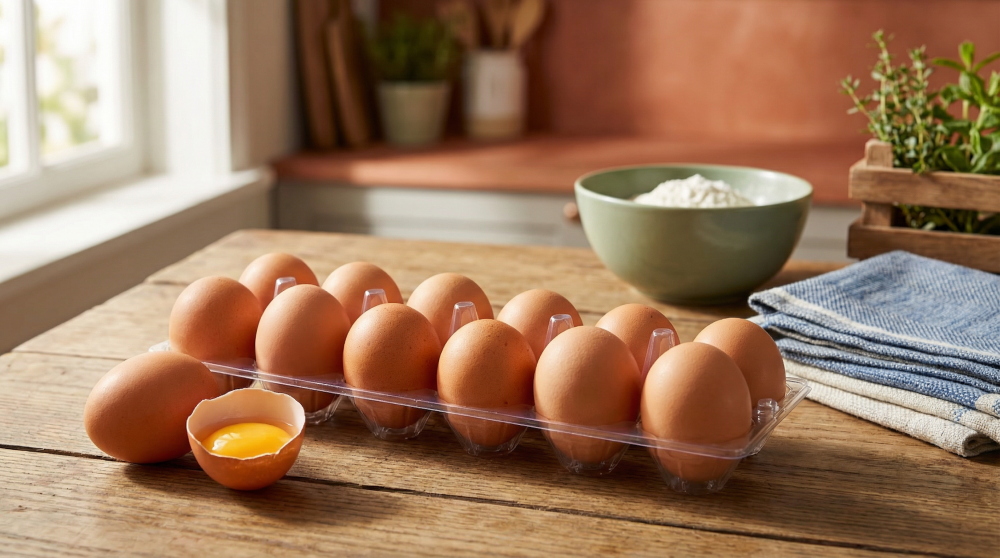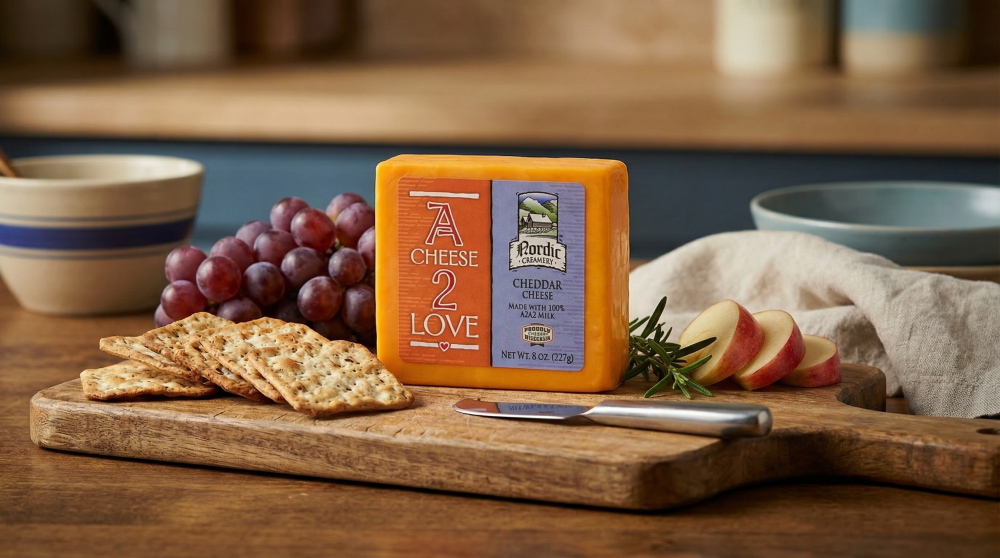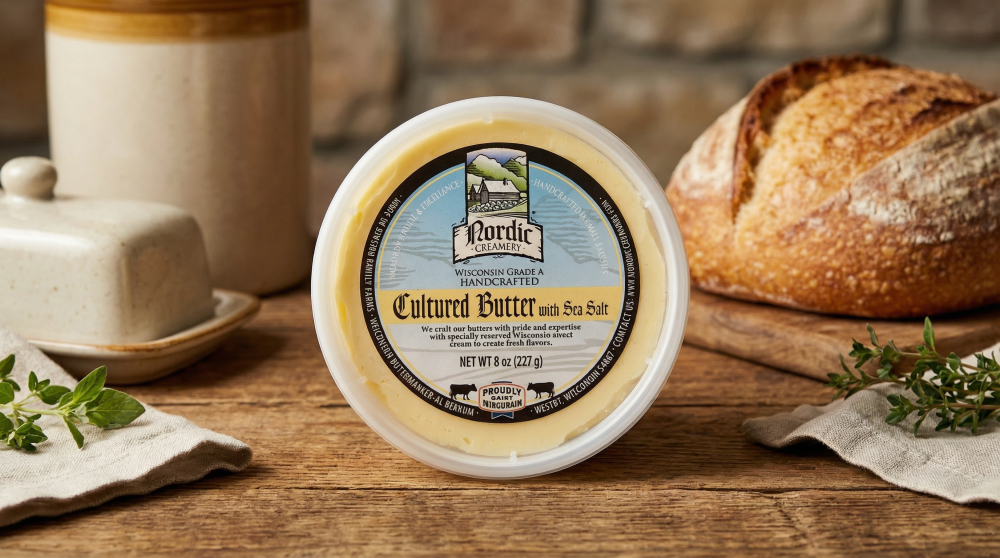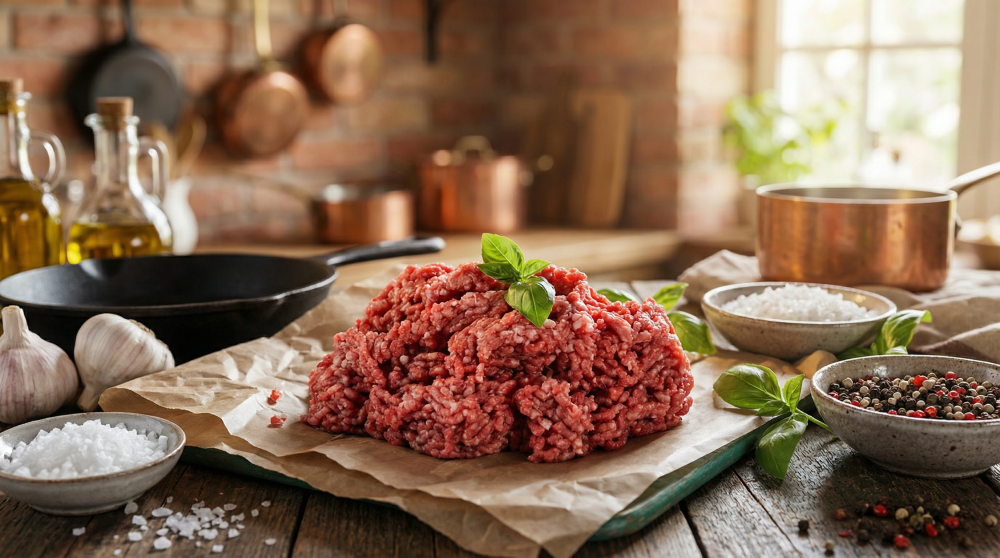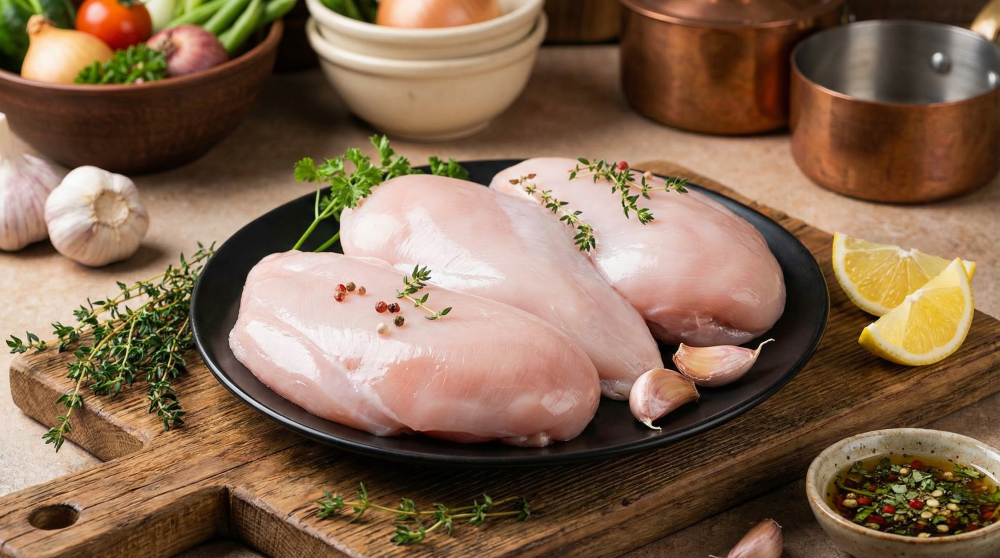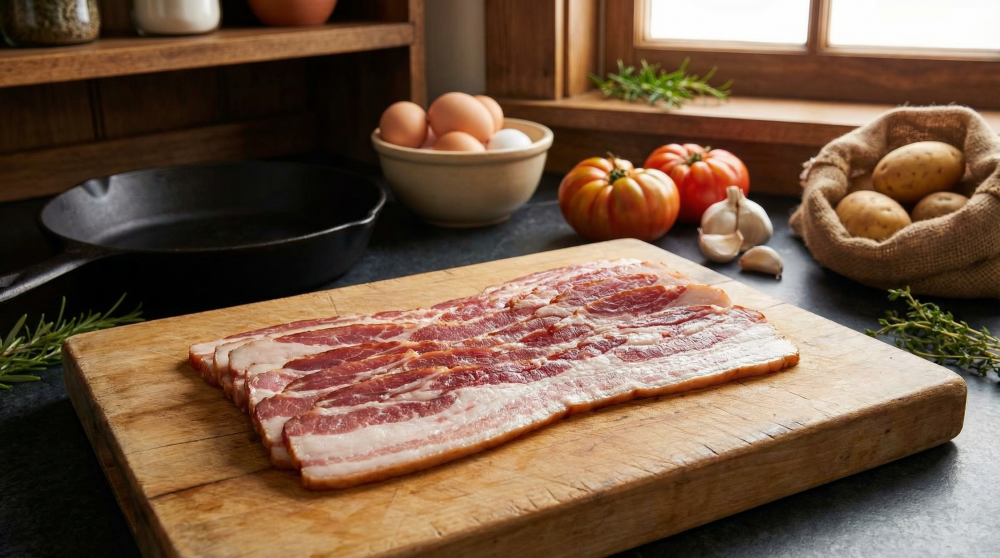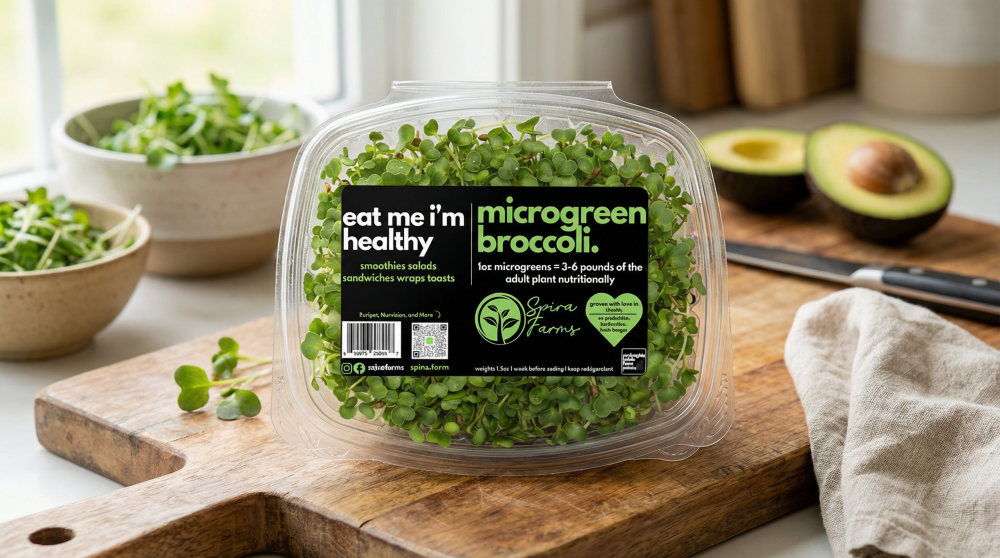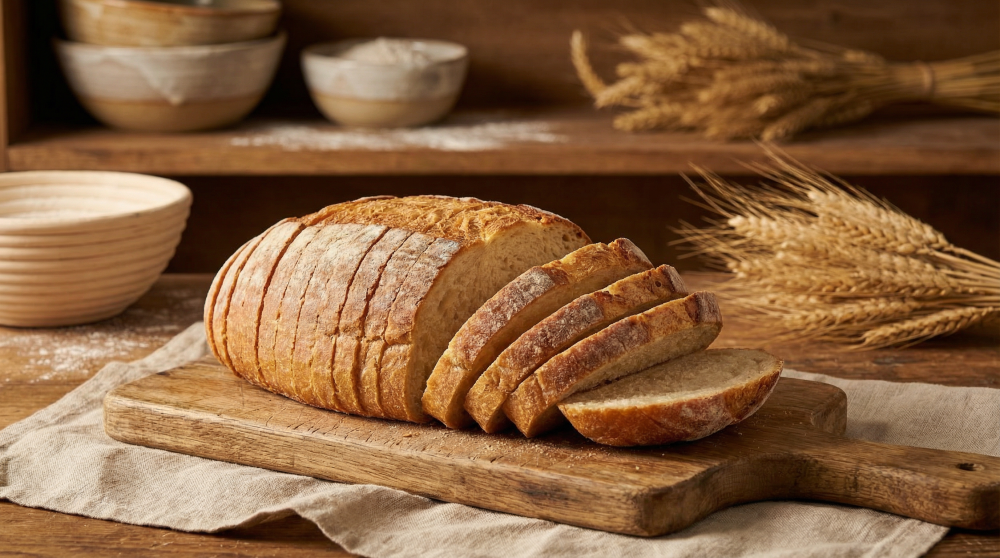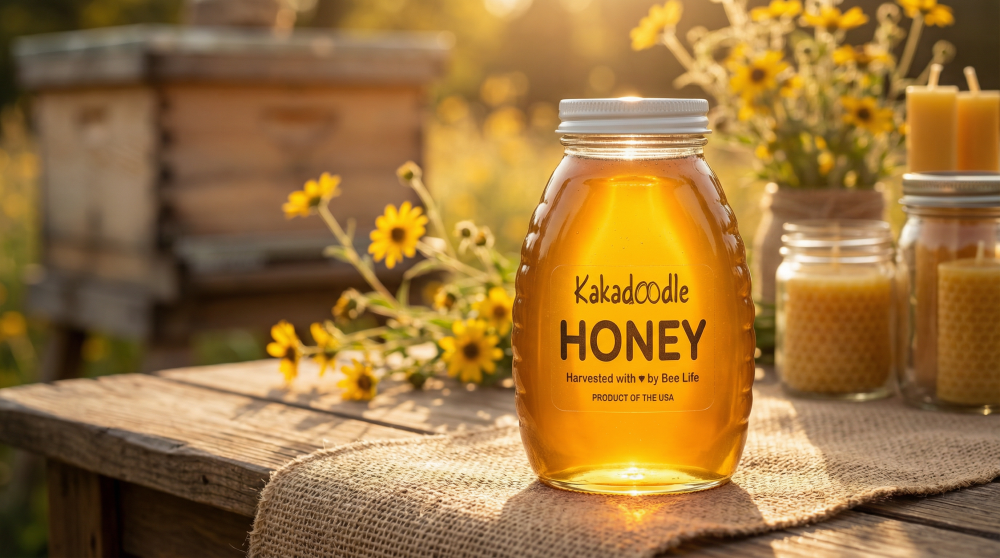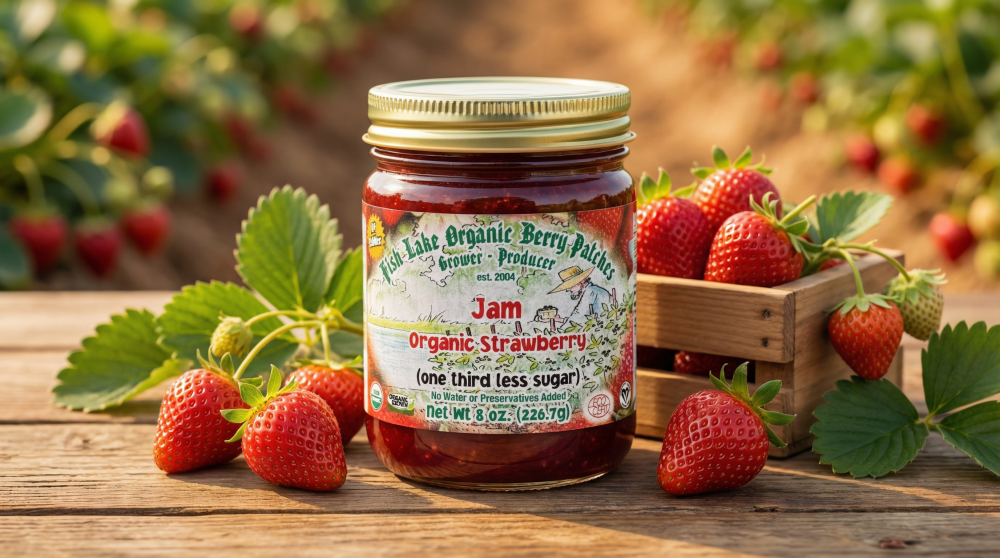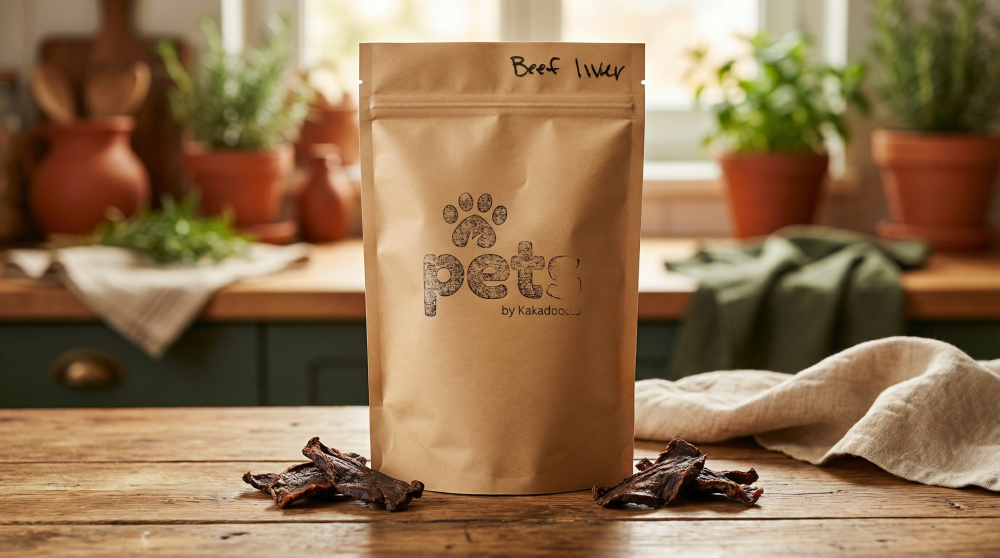article The True Cost of Food
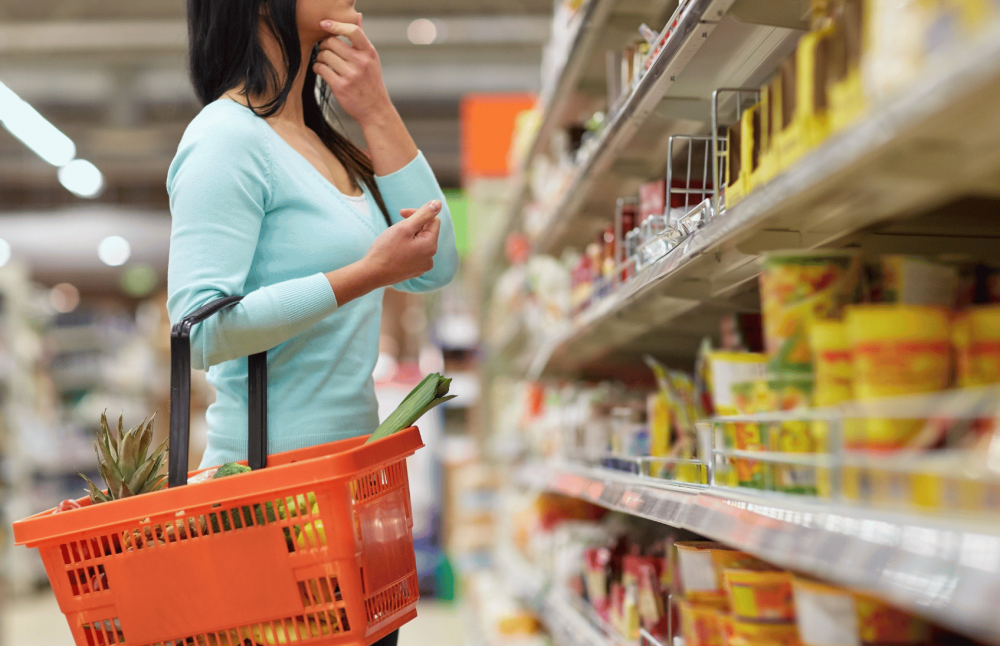
Last week we talked about why certain cuts from Kakadoodle can cost more than what you might see at Whole Foods. That post was about price. This one is about cost — and those two things aren’t the same.
The Grocery Store Math
If you walk into a grocery store today, you might see ground beef for $7/lb and eggs for $5/dozen. At Kakadoodle, those same items might be closer to double that.
For a lot of families, that’s where the conversation stops. Why would I pay twice as much?
And we get it. Before cancer, we bought the cheapest eggs we could find. Price was the only thing that mattered.
But going through cancer changed everything for us. We began to see food differently — not just as fuel, but as medicine. We believe, from lived experience, that what you put on your plate can make a real difference to your health.
Check out this study...
The Rockefeller Foundation Study
In 2021, the Rockefeller Foundation looked at what the U.S. really spends on food.
They found that while Americans spend about $1.1 trillion a year at the grocery store and restaurants, the true cost is closer to $3.2 trillion.
Where does that extra $2.1 trillion come from? It’s the “hidden tab” we all pay later in other ways:
- Health care costs – treating diet-related diseases like diabetes and heart disease adds another $1.1 trillion a year.
- Environmental cleanup – pollution, loss of soil, and climate damage cost about $900 billion.
- Social costs – things like low wages in parts of the food system and subsidies that keep unhealthy food cheap add roughly $100 billion.
These costs don’t show up on your grocery receipt — but they do show up in your taxes, insurance premiums, and the world your kids will inherit.
Real Food, Real Recovery
This isn’t just theory. The EFFORT study looked at 2,000 hospitalized patients at risk of malnutrition.
One group had standard hospital food. The other got meals boosted with extra calories, protein, vitamins, and micronutrients.
The result? The enhanced-meal group had 15% fewer complications and 27% fewer deaths.
That’s not hype — it’s proof that good food can literally save lives and reduce healthcare costs.
How to Justify the Higher Price — Today
When you buy industrial food, the price will be lower, but part of the real cost is simply pushed down the road — into future health problems, environmental damage, or hidden costs we all pay later. When you buy from local, regenerative farms, more of that cost is built into the price you pay right now — and the benefits for your family start immediately:
- Better flavor and freshness – food harvested and delivered days ago, not weeks.
- Higher nutrition and fewer chemicals – especially important for growing kids and anyone working to protect their health.
- Trust – you can see where your food comes from and how it’s raised.
- Hopefully fewer trips to the doctor – because nourishing your body well today can help prevent problems tomorrow.
That’s the personal return you get from the first bite.
And there’s a community return building in the background:
- Local farms stay in business.
- Water stays cleaner.
- Fewer tax dollars go to cleaning up pollution or paying for preventable health issues.
At a certain point — a tipping point — enough families making this choice can create real culture change. And that's where the real systemic change takes place. But you don’t have to wait for that to feel good about your decision. The benefits start now, with your family, every time you choose chemical-free food.
The Direction We’re Headed
At Kakadoodle, our mission is simple: make chemical-free, local food as convenient as possible.
We believe that over time, more families will see the real value in knowing their farmer, trusting their food, and keeping their dollars close to home.
It’s not about changing everything overnight. It’s about making one better choice at a time — choices that are good for your family now, and good for your community in the long run.
